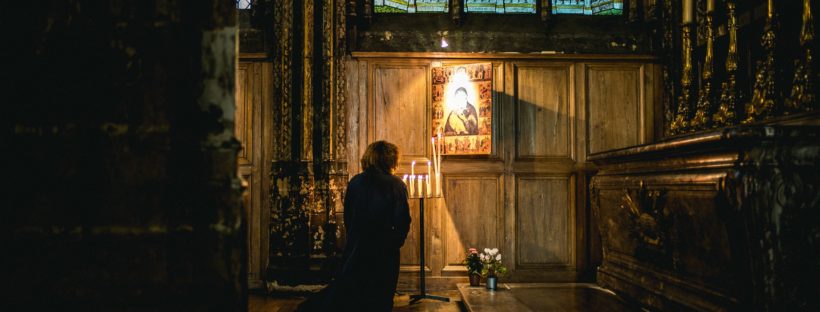From the very beginning of this novel, I was thrown off. Although this is set in the 15th century, the very first sentence threw me out of the book:
“The hammering on the door shot him into wakefulness like a handgun going off in his face.”
I had to put the novel down and go to Wikipedia, determined to find out the truth of the matter and grow about my own superior knowledge. I skimmed some of the entry and then happened upon this small paragraph in the handguns entry:
Handheld firearms first appeared in China where gunpowder was first developed. They were hand cannons (although they were not necessarily fired from the hand, but rather at the end of a handle). By the 14th century, they existed in Europe as well.
You win this round, Philippa Gregory.
The Changeling may have been doomed from the start when it came to my affection for it. Currently, thanks to the way deadlines ended up working out, I’m reading two books set in Medieval Europe where the main character is named Luca and touched by some supernatural force that sets him apart from the rest. Both are young adult novels and both start (for some reason) with an attempted sexual assault of a young girl by an older man who has been promised to be her husband, but is too impatient (or villainous) to wait until his betrothed is older. Both have heavy ties to the Church with one being focused on the Crusades and The Changeling being set for the most part in an abbey.
Luca is a clever young man, one who has yet to take his vows, but shows an incredible aptitude for study. So strong are his abilities that there are whispers that he may have supernatural powers. That was enough to hook me and draw me in. The fact that the next section of the book was an abbey mystery on par with Scooby Doo (which I say as a compliment) and I was entirely drawn in.
It wasn’t until we were able to get further away from the mystery of what was going on that I realized the characters weren’t appealing to me. Luca was the principled young man who was doing his best to do right by his superiors and with his own moral code. His friend, Freize, was a loveable goofball who’s heart is bigger than he wants to admit. There’s Peter, the uptight scribe who’s unwilling to accept change; Isolde, the noblewoman forced out of her own inheritance and seeking a life of her own; and Ishraq, the well-trained companion who serves as everything that Isolde would need.
That may sound like an interesting group of characters and they should have been, but somehow they all ended up coming out a little flat. It was as if those brief blurbs about their character summed up who they were as human beings. I found myself skimming through the parts of the book where they were talking amongst each other as characters to focus on the setting behind them instead.
I’ve never read any of Gregory’s books, but I like the historical setting that she chose and I feel like she did a decent job at painting a picture of what it would look like back in the day. I liked the little details about bathing and how people used to worry that they would fall ill from bathing too often. I liked the first mystery that was presented and wished that we could have spent more time on that or that we could have had more flickers of those supernatural elements that had been present in the beginning of the novel.
In the end, The Changeling felt like a Scooby Doo episode which continued on after the end credits. We’ve already discovered that it was Old Man Withers all along and that he would have gotten away with it if it weren’t for us darn kids, but instead of the credits rolling, we’re left with only the characters to carry the story forward. What follows is the medieval equivalent of a road trip (but less interesting than it sounds) and a lesser mystery that is quickly and handily solved.
I feel like I would have been more engaged if the entire novel had just been about the mystery rather than the characters. I could have spent a good deal of time piecing it together. There are many elements in The Changeling that work, but in the end, they just couldn’t come together to create a cohesive whole for me.
Promising, but needs more mystery.

